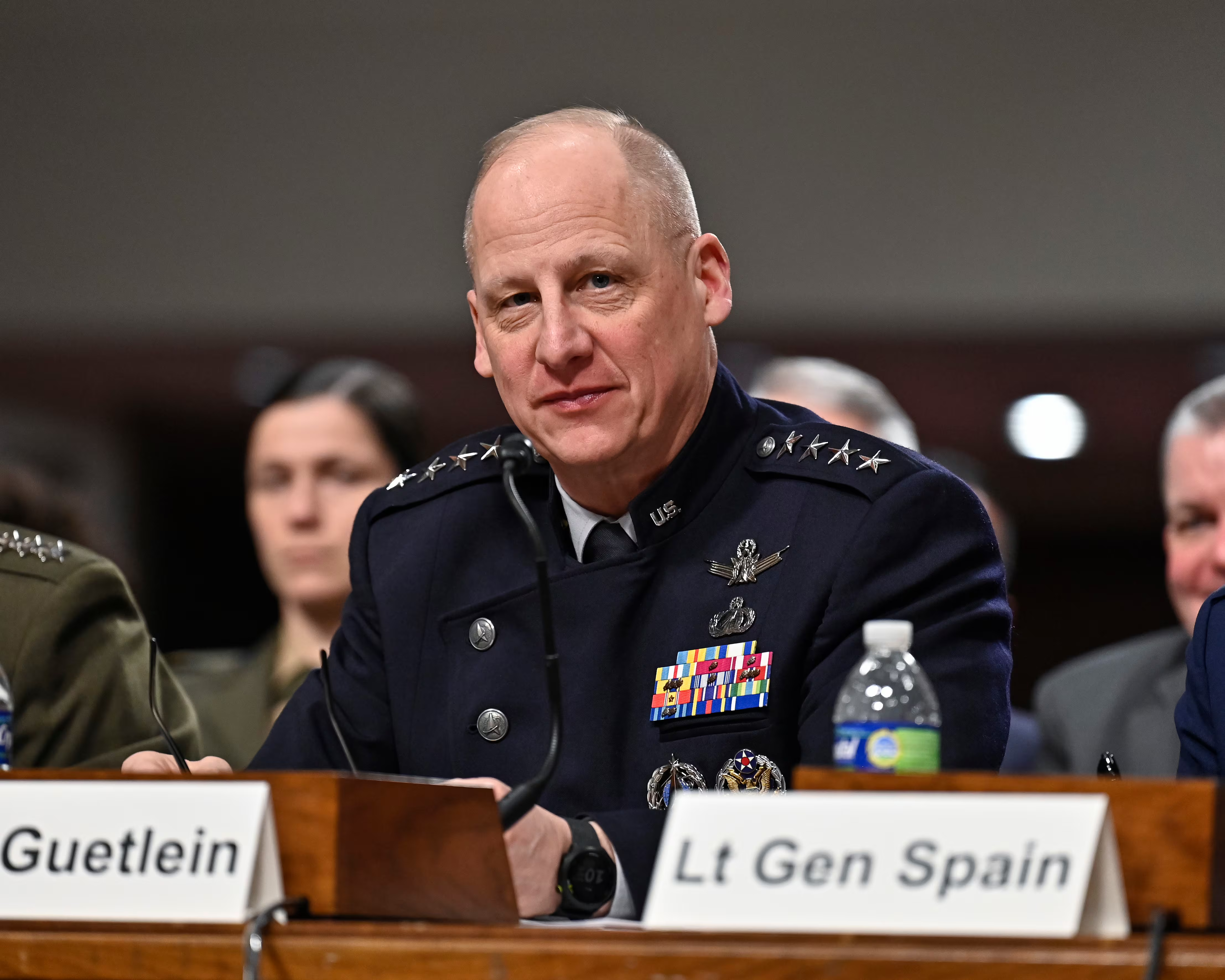WASHINGTON – The Pentagon is working on a plan to stand up an artificial intelligence center in order to streamline the department’s myriad AI programs.
The idea, which comes as defense officials are increasingly concerned about China’s investments in AI capabilities, has now been embraced by both Secretary of Defense Jim Mattis and Michael Griffin, the undersecretary of defense for research and engineering.
Speaking at the House Armed Services Committee April 12, Mattis said “we’re looking at a joint office where we would concentrate all of DoD’s efforts, since we have a number of AI efforts underway right now. We’re looking at pulling them all together.”
In hearings Tuesday and Wednesday, Griffin elaborated on the state of that AI center, saying it is very much in the early stages.
“I’m working right now with folks on my staff to answer questions like ‘who should lead it, where should it be, what projects should it do, and most importantly how does such a center fit into the overall AI strategy for the department and the nation?’” Griffin said on April 18.
He added that the department counts 592 projects as having some form of AI in them, but noted that not all of those make sense to tie into an AI center. And Griffin wants to make sure smaller projects that are close to completion get done and out into prototyping, rather than tied up in the broader AI project.
On Tuesday, Eric Schmidt, the former Google executive who chairs the Defense Innovation Board, said he hoped the AI center would be stood up in conjunction with one or more universities, in order to maximize the number of cutting-edge voices involved.
The biggest benefit from creating an AI center may come from creating a clearing house of information which can be input into training an artificial intelligence, something Schmidt, who has previously been critical of how DoD handles data, said is vital.
RELATED

“The DoD, broadly speaking, has a great deal of data, which is not stored anywhere. It’s stored in places which the programmers are no longer alive, [that] kind of thing,” Schmidt said. “And getting all that data in a place that’s usable and discoverable and useful for the mission at hand is crucial.”
Artificial intelligence is one of the key technologies, along with hypersonics and directed energy, identified by Griffin as a major focus for his time as the R&E head for the department. Part of that drive comes from the reality that Russia and, in particular, China have made whole-of-government efforts to invest in and develop AI capabilities.
Schmidt himself has warned that by 2025, China will have surpassed the U.S. in AI capabilities, and has called for a “Sputnik moment” around AI. Those comments have been echoed by former deputy secretary of defense Bob Work.
Members of the defense committees appear open to the Pentagon’s goal of getting an edge on AI, with Rep. Elise Stefanik, chair of the House Armed Services Subcommittee on Emerging Threats and Capabilities, having already introduced a bill to develop a new all-of-government commission to AI.
Aaron Mehta was deputy editor and senior Pentagon correspondent for Defense News, covering policy, strategy and acquisition at the highest levels of the Defense Department and its international partners.







